11 Essential Heart Truths: Ghee vs. Olive Oil—Which Cooking Fat Is Right for You?
Choosing what goes into our kitchens and, ultimately, onto our plates can feel like a daunting responsibility—especially with heart health at stake. Ghee and olive oil both enjoy passionate followings, hailed in different households as the “heart hero.” While family traditions and comforting flavors tug us in one direction, it’s impossible to ignore the steady voice of science and the changing advice from nutrition experts. Do we lean on that childhood spoonful of golden ghee, or pour a glug of olive oil like a true Mediterranean? Here’s the good news: you don’t have to abandon cherished ways to make smart, heartfelt choices. This article blends compassion, clear facts, and a dash of encouragement to help you compare these two popular fats. We’ll unpack research, cooking realities, cultural wisdom, and expert guidance so you can make empowered decisions for your own vibrant, lifelong wellness.
1. Understanding the Basics: What Are Ghee and Olive Oil?
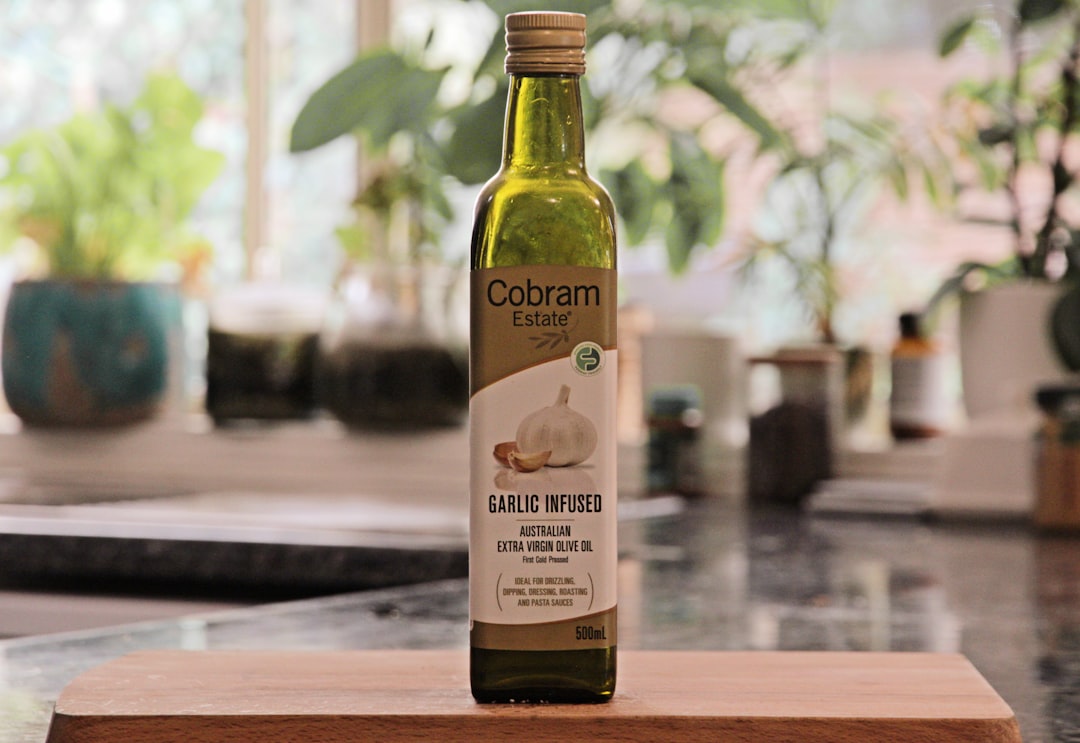
Ghee and olive oil may both glisten on the dinner table, but their stories start worlds apart. Ghee is a type of clarified butter originating from the culinary traditions of South Asia. It’s made by simmering butter, then skimming off milk solids until only pure, golden fat remains. In contrast, olive oil is gently pressed from ripe olives, a staple of Mediterranean diets known for their longevity and vibrant health. While ghee brings a nutty, rich flavor beloved in curries and baking, olive oil’s peppery notes complement salads, vegetables, and breads. Each oil has its place in the kitchen and hearts of generations worldwide. Understanding their core differences prepares you to make the best choice for your own nutrition journey, grounded in both tradition and evolving science.
2. The Science of Fats: Saturated vs. Monounsaturated
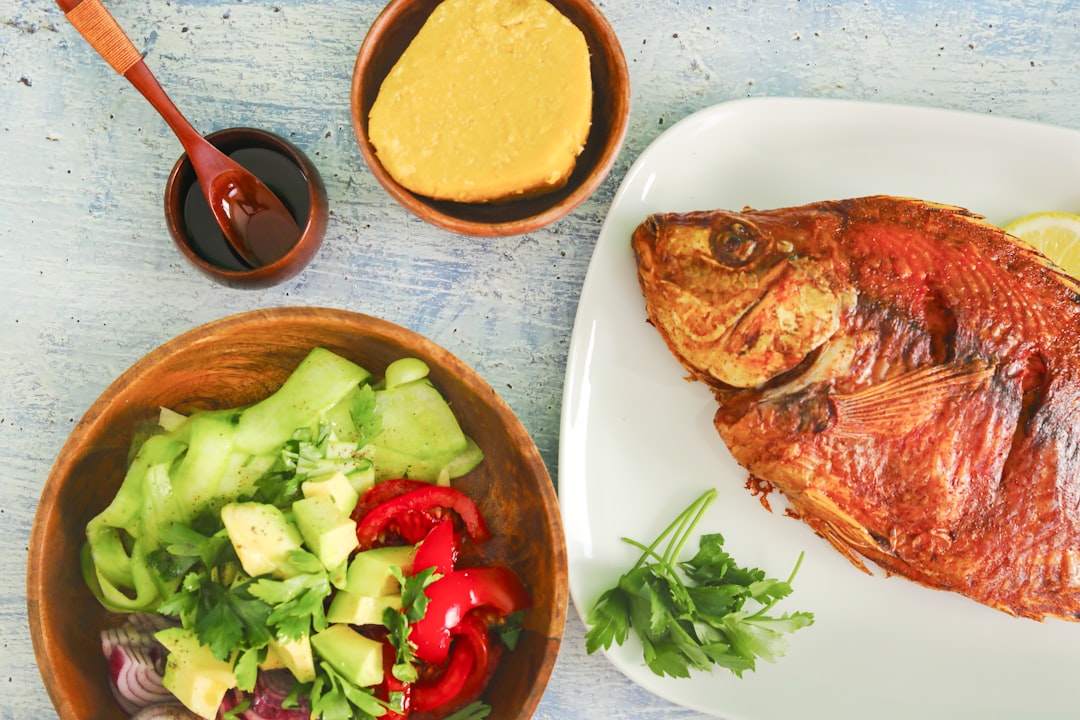
Not all fats are created equal—at least not in their effects on our bodies. Ghee is rich in saturated fats, the kind long associated with increases in certain “bad” cholesterols. This doesn’t make it inherently harmful, but nutritional guidelines suggest moderation, especially for those concerned about heart health. Olive oil, on the other hand, is famous for its monounsaturated fatty acids (MUFA). These are the fats experts love to celebrate: they help maintain or even lower LDL (bad) cholesterol when swapped in for saturated fat. It’s not just about categories, though. The way our bodies process these fats is influenced by genetics, lifestyle, and overarching dietary patterns. By understanding these differences, you’re already equipped to tailor more mindful, heart-friendly choices.
3. Nutritional Profiles at a Glance
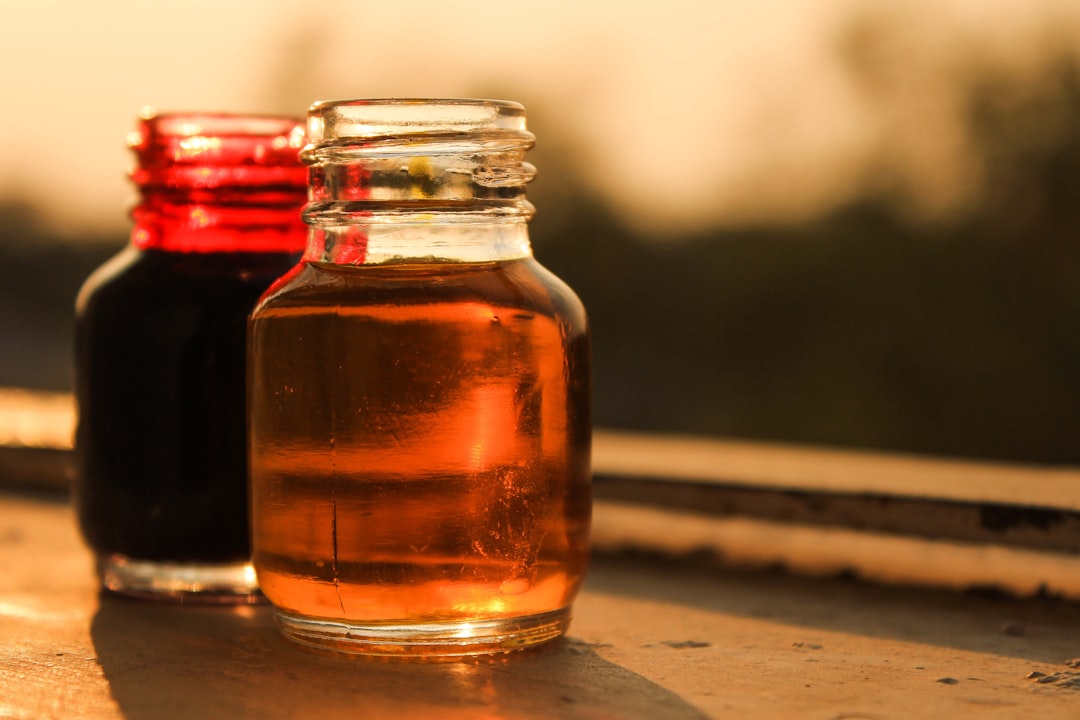
When it comes to calories and fat, both ghee and olive oil are dense sources—providing about 120 calories and 14 grams of fat per tablespoon. But peeking beneath the surface reveals more: ghee’s fat is mostly saturated (about 9 grams per tablespoon), while olive oil’s is mostly monounsaturated (around 10 grams per tablespoon). Ghee offers fat-soluble vitamins like A, D, E, and K, and a small amount of butyrate, a compound linked to gut and immune health. Olive oil shines with vitamin E and powerful antioxidants called polyphenols, especially present in extra-virgin varieties. These nutritional details play a big role in how each oil impacts your cholesterol and inflammation levels, so paying attention to more than just calorie counts is a smart move for heart-conscious cooks.
4. Impact on Cholesterol and Heart Disease Risk
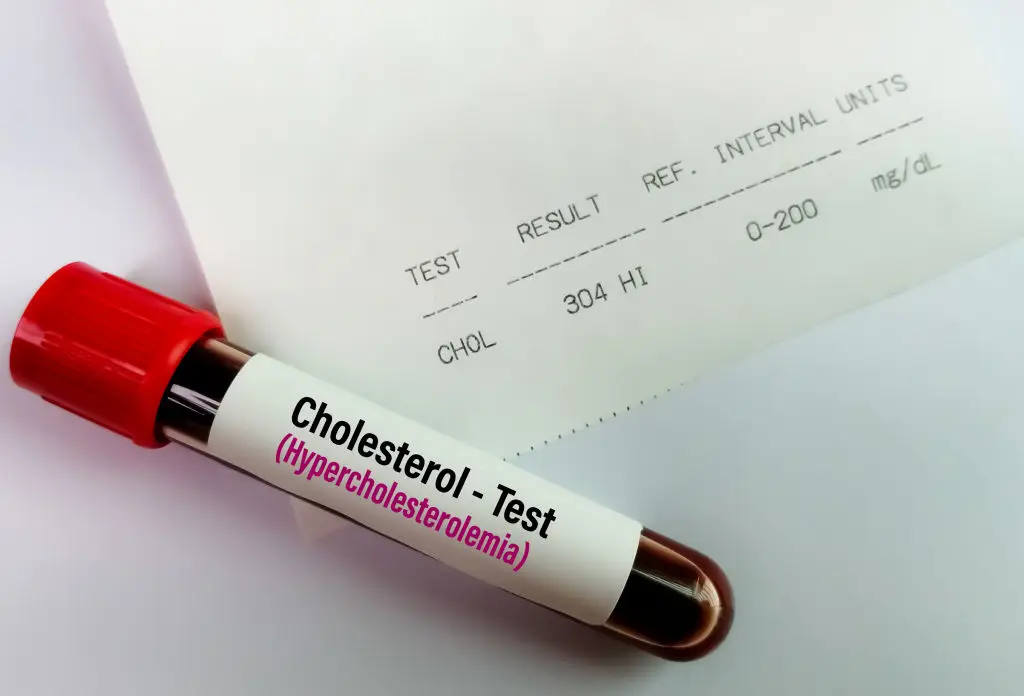
Recent research offers valuable insight for anyone weighing heart risks. According to a 2021 Cambridge randomized trial, diets rich in ghee raised plasma apo B and non-HDL-cholesterol compared with olive oil—both associated with a higher risk for cardiovascular disease. Olive oil’s heart-health reputation isn’t just folklore; multiple studies including Medical News Today’s reporting on recent JAMA data, point to a 17% reduction in overall mortality when plant-based oils like olive oil replace butter or saturated fats. Cardiologists emphasize that olive oil’s impact on cholesterol is favorable, helping reduce “bad” LDL while supporting “good” HDL. That doesn’t mean ghee is instantly off-limits—it means mindful swaps can help tip the balance toward healthier arteries, especially for those with a family history or existing cardiac risks.
5. Antioxidants and Anti-Inflammatory Benefits
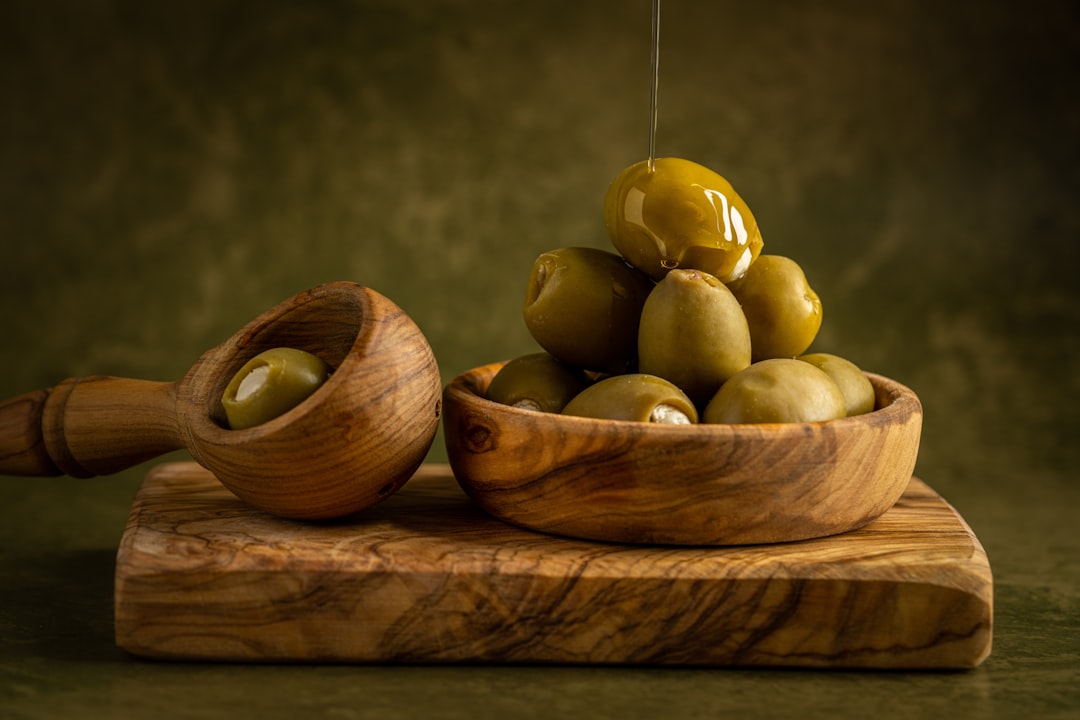
Heart health isn’t just about cholesterol. Olive oil, especially in its extra-virgin form, is rich in polyphenols—compounds with robust antioxidant and anti-inflammatory powers. These help protect blood vessels from oxidative stress, lower inflammatory markers, and may even support healthy aging of the heart. Ghee supplies butyrate and vitamins A and E, both with their own antioxidant profiles. While ghee’s overall antioxidant count is lower than olive oil’s, some people find its fat-soluble vitamins contribute to general wellness. Including a variety of antioxidant-rich foods, alongside your fat choice, creates powerful support for your heart’s daily demands.
6. Cooking with Heart: Smoke Point and Food Safety
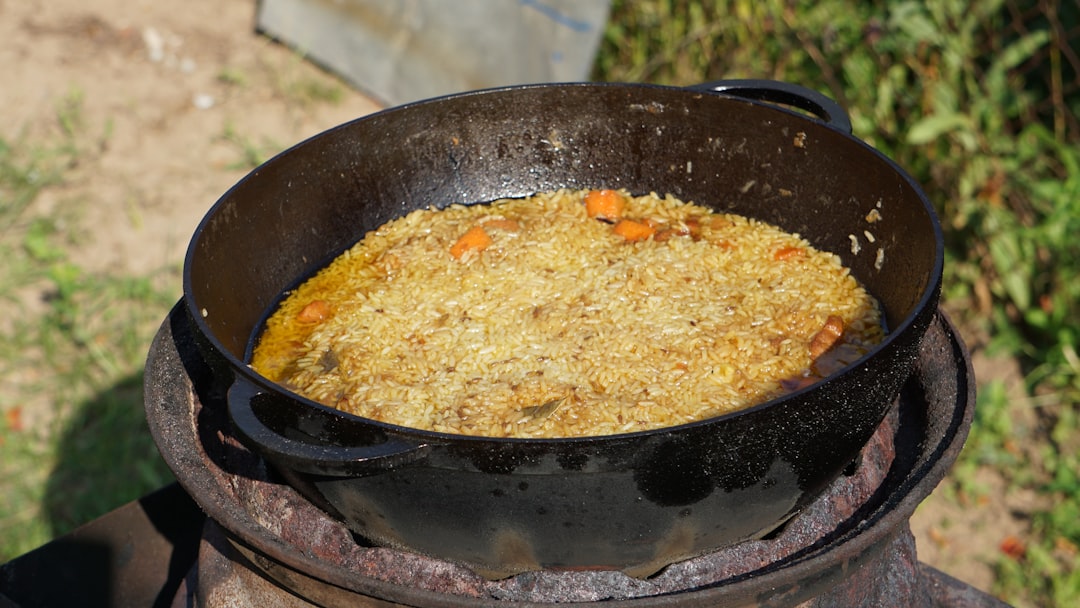
Besides health effects, practical cooking matters. Ghee boasts an impressive smoke point (up to 485°F), making it a champ for frying, sautéing, and baking at high temperatures without breaking down. Olive oil’s smoke point varies: extra-virgin is best for low-to-medium heat or dressings, while “light” or refined types can be used at higher temps. When oils heat past their smoke point, beneficial compounds degrade, and harmful ones can form. To keep both your food and arteries safe, match the oil to your cooking method. Enjoy ghee for stir-fries or high-heat recipes, and save cold-pressed olive oil for salads, vegetables, or gentle roasting. Small adjustments can maximize both flavor and heart-friendly nutrients.
7. Flavor, Tradition, and Cultural Comfort
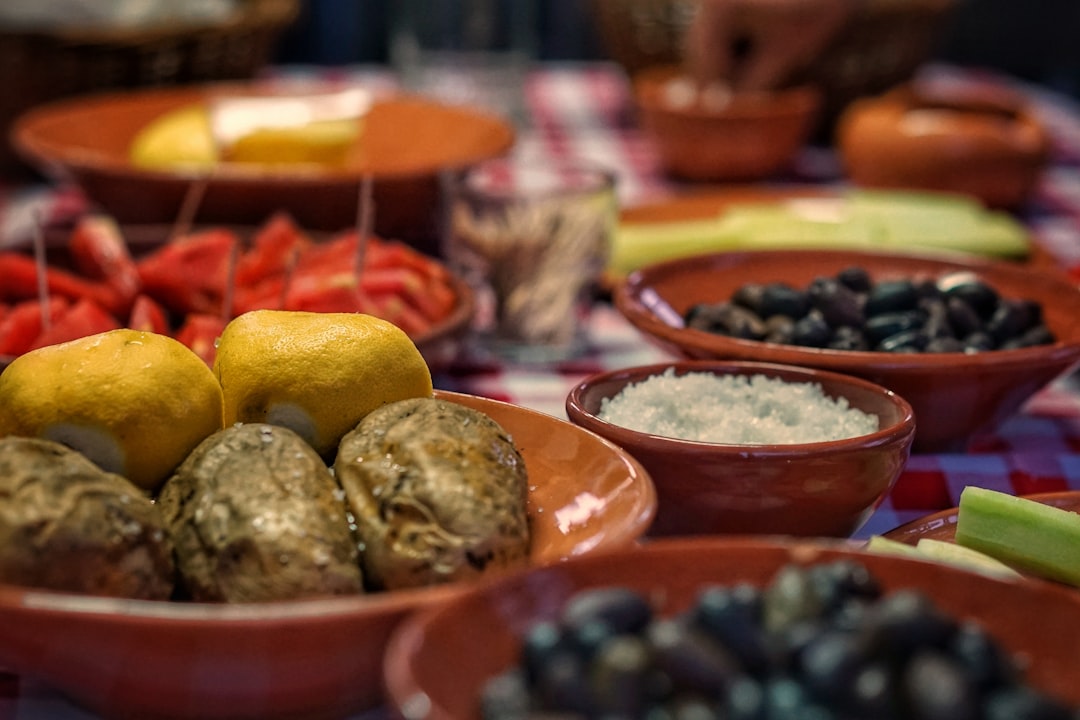
Food connects us to heritage, healing, and home. Ghee carries significance in Ayurveda, where it’s viewed not only as nourishment but as a healing, sacred element. Its warm aroma and golden hue evoke comfort, making it central in Indian, Middle Eastern, and some African cuisines. Olive oil is the lifeblood of Mediterranean eating, linked to some of the world’s lowest rates of heart disease. Its fruity, grassy, or peppery notes turn even simple bread into celebration. While research guides us, these oils’ emotional resonance also counts—choosing one or blending both can honor your personal history and well-being journey. There’s wisdom in savoring meaningful meals while tuning in to evolving scientific advice.
8. Common Misconceptions Debunked
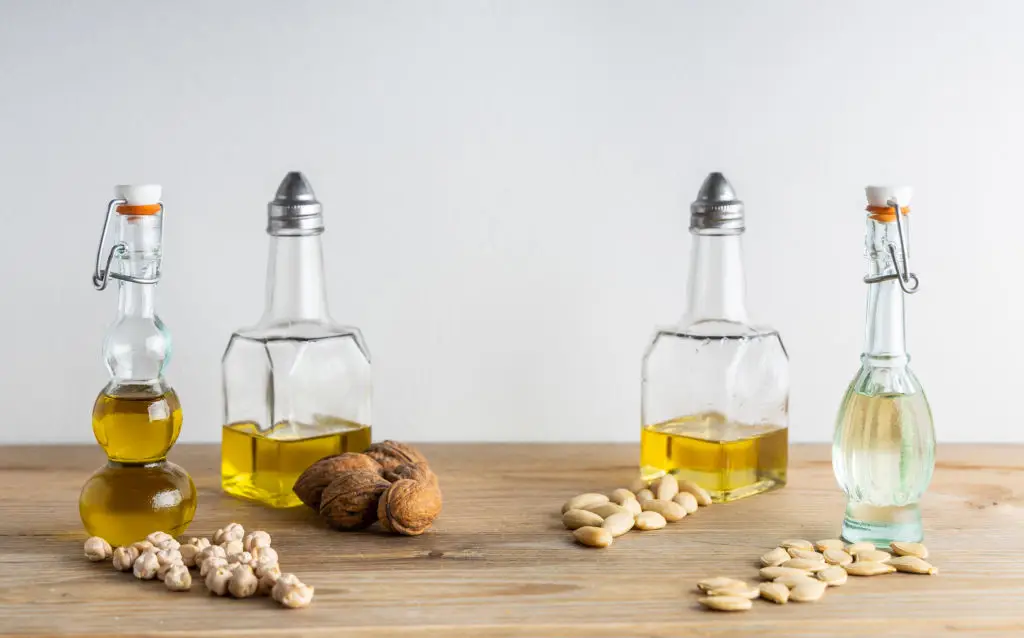
It’s easy to believe that “natural” automatically means healthy, or that ancient ingredients like ghee must be safer than modern ones. Science suggests otherwise: not all traditional fats protect the heart. Another myth? That you must completely avoid one oil to benefit from another. Most dietitians now stress moderation and variety, not rigid rules. And while ghee has unique Ayurvedic qualities, Western medicine prioritizes its saturated fat content in heart health decisions. When you see eye-catching health claims online, pause and seek evidence. Blending tradition and scientific literacy lets you craft a truly heart-smart kitchen—without guilt or confusion.
9. Heart Health for Different Lifestyles and Ages
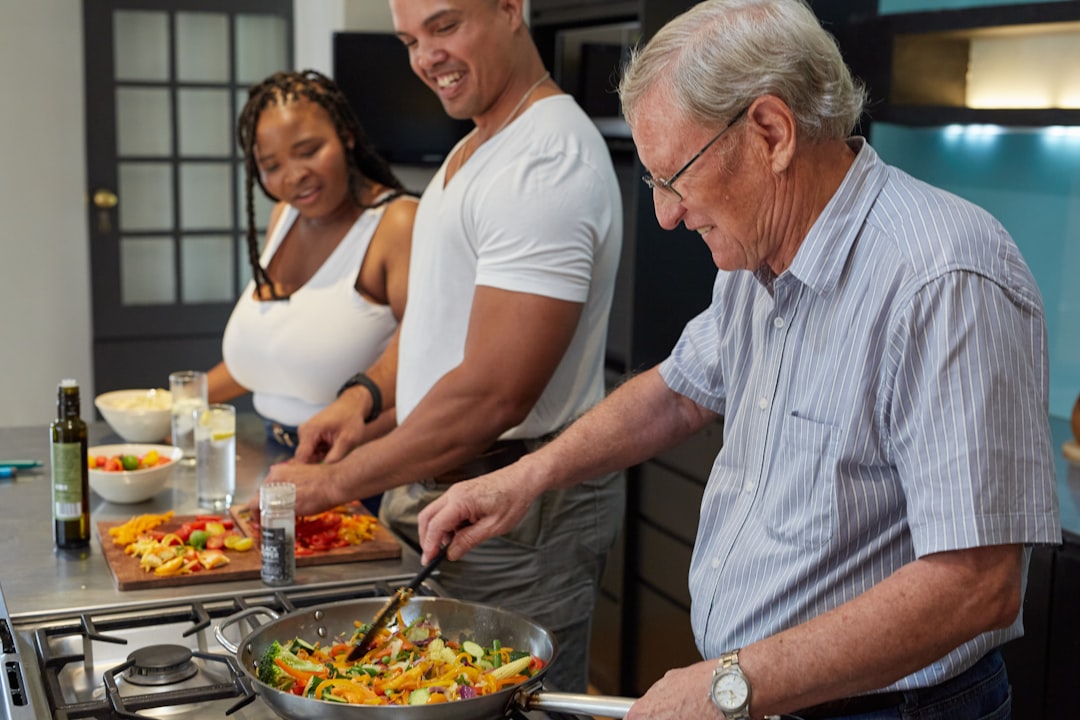
No two hearts—or households—are exactly alike. Children, active adults, and older adults all metabolize fats a bit differently. People with diabetes, past heart issues, or a strong family risk often benefit from more olive oil and less saturated fat. Younger, healthy individuals might tolerate small amounts of ghee, especially when combined with a diet abundant in vegetables, grains, and lean protein. Ultimately, the healthiest choice is one that fits your life, traditions, and health goals. Your heart’s needs may change with time, and adjusting your cooking oils can be part of a bigger, kinder approach to aging well—never about quick fixes or perfection.
10. Expert Advice: What Cardiologists and Dietitians Recommend

When in doubt, look to the experts. Cardiologists like Dr. Cheng-Han Chen underscore that butter and ghee’s saturated fats can raise “bad” cholesterol, while olive oil supports a healthy lipid profile. Registered dietitians emphasize diversity and moderation: extra-virgin olive oil is a mainstay in many heart-healthy plans thanks to its antioxidants and “good” fats, but occasional ghee in small servings can be part of traditional recipes. Organizations like the American Heart Association steer most adults toward plant-based oils, especially if there’s a family or personal history of heart issues. Consider consulting a healthcare provider for advice tailored to your unique health story—they can help you build not just a safer plate, but a sustainable and satisfying way to eat.
11. Making the Healthiest Choice for You
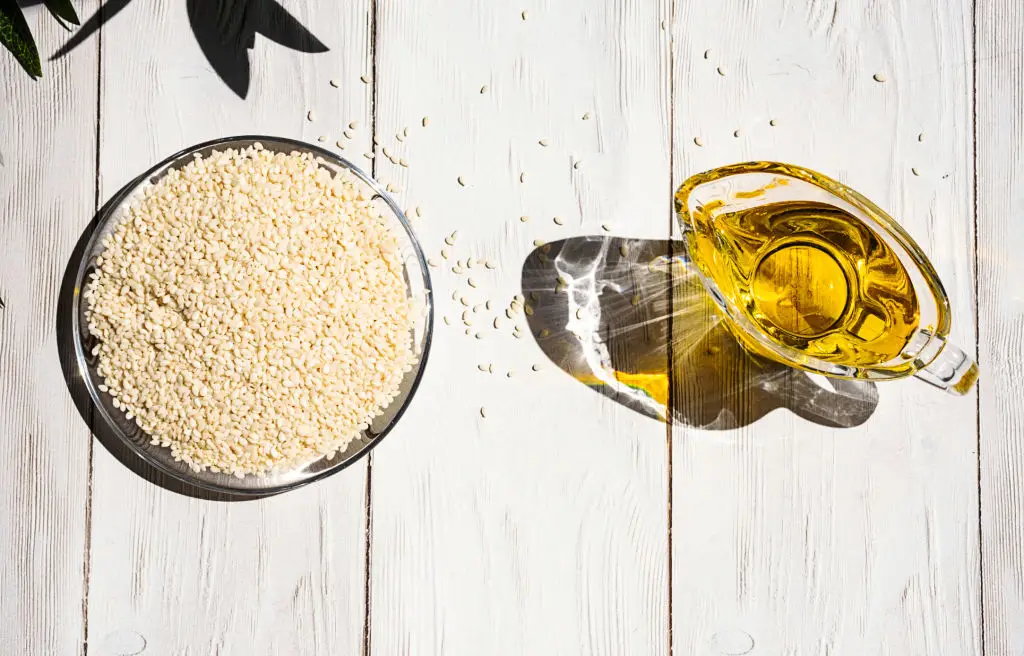
So, should you choose ghee or olive oil? The answer lies in your own story. Consider your health needs, family history, favorite flavors, and the way each oil fits your daily routine. For those focused on heart health, olive oil typically comes out ahead, thanks to research-backed benefits. But healthy eating isn’t about all-or-nothing thinking—it’s about small, meaningful choices that you can sustain and enjoy. Try cooking with both on occasion, using olive oil as your main staple and ghee for special dishes. Remember, every positive tweak—no matter how small—is worthy of celebration on your journey toward a heart that ages with you, not against you.
Cooking for a Thriving Heart: The Power of Informed Choice

At the end of the day, your heart health is shaped by countless quiet moments in the kitchen—those everyday decisions you make, guided by care for yourself and those around you. There’s no single perfect answer, just an ever-evolving balance between cherished traditions, exciting new science, and the realities of your own body’s needs. Maybe you’ll drizzle olive oil on roasted vegetables more often, or reserve ghee for a handful of beloved family recipes that nourish soul and memory alike. The real victory isn’t about perfect eating—it's about mindful, compassionate choices that honor your story. With each thoughtful adjustment, you’re fueling not only your body, but the resilience, warmth, and wisdom that define vibrant living at every age.
